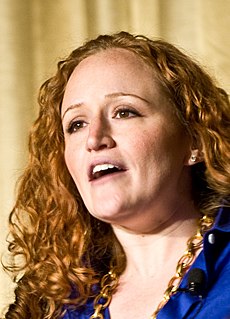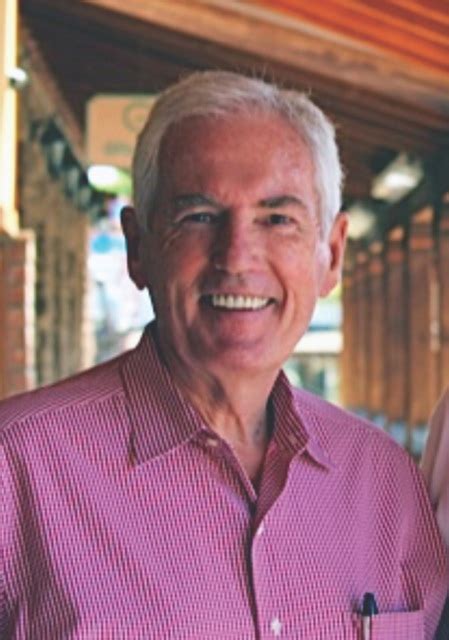A Quote by Toni Morrison
Everything depends on knowing how much,” she said, and “Good is knowing when to stop.
Related Quotes
Eventually we realize that not knowing what to do is just as real and just as useful as knowing what to do. Not knowing stops us from taking false directions. Not knowing what to do, we start to pay real attention. Just as people lost in the wilderness, on a cliff face or in a blizzard pay attention with a kind of acuity that they would not have if they thought they knew where they were. Why? Because for those who are really lost, their life depends on paying real attention. If you think you know where you are, you stop looking.
How many slams in an old screen door?
Depends how loud you shut it.
How many slices in a bread?
Depends how thin you cut it.
How much good inside a day?
Depends how good you live 'em.
How much love inside a friend?
Depends how much you give 'em.”
? How Many, How Much by Shel Silverstein
“Tell the truth, or someone will tell it for you.
Knowing how to swim doesn't come from someone else showing you or someone else telling you or watching movies of other people swimming. It comes from having been in the water, knowing how to move yourself through the water and not sink. And it's true of virtually everything in our lives: knowing comes from direct experience.
Right now you can allow yourself to experience a very simple sense of not knowing - not knowing what or who you are, not knowing what this moment is, not knowing anything. If you give yourself this gift of not knowing and you follow it, a vast spaciousness and mysterious openness dawns within you. Relaxing into not knowing is almost like surrendering into a big, comfortable chair; you just fall into a field of possibility.
So you used to know everything?" She wrinkled her nose. "Everybody did. I told you. It's nothing special, knowing how things work. And you really do have to give it all up if you want to play." "To play what?" "This," she said. She waved at the house and the sky and the impossible full moon and the skeins and the shawls and clusters of bright stars.






































